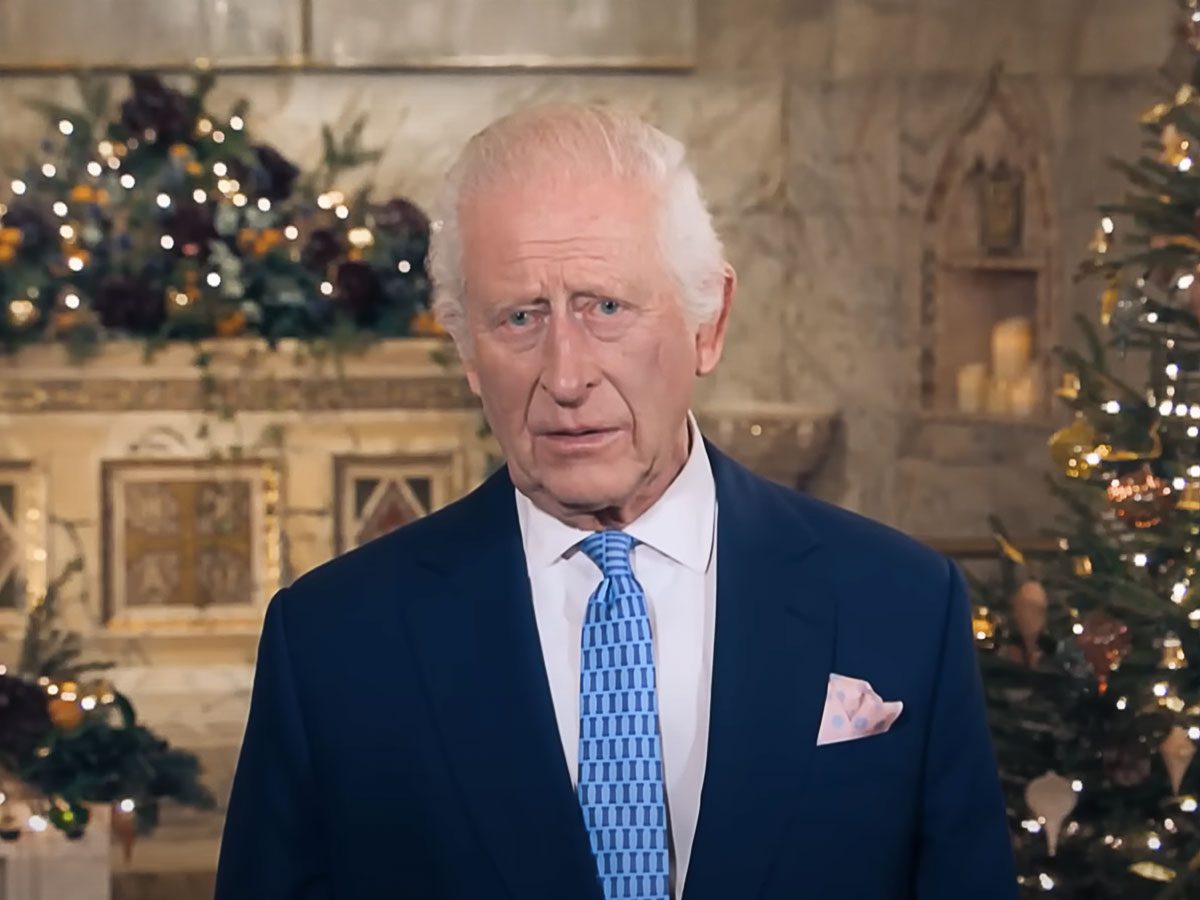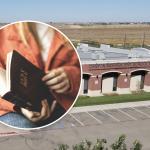
King Charles III has found himself at the center of controversy following his Christmas Day speech, which some Christians have criticized for suggesting that all religions share the same core beliefs. Delivered from the Chapel of the former Middlesex Hospital in London, the monarch’s annual address, a cherished Christmas tradition, stirred significant debate this year.
In his speech, King Charles reflected on the Nativity story and its message of hope and redemption. Highlighting the teachings of Jesus, he said, “The example that Jesus gave us is timeless and universal. It is to enter the world of those who suffer, to make a difference to their lives, and so bring hope where there is despair.” Quoting the Christmas carol Once in Royal David’s City, the king emphasized the redemptive love of God embodied in Christ.
However, his broader comments drew criticism. “The heart of the Nativity story,” he said, “can be heard in the belief of all the great faiths in the love and mercy of God in times of joy and of suffering, calling us to bring light where there is darkness.” Critics argued that this statement blurred the lines between Christianity and other religions.
Krish Kandiah, a prominent missiologist and founder of the charity Home for Good, expressed concern over the king’s remarks. While acknowledging Charles’ effort to embrace people of all faiths, Kandiah stated, “The idea that God becomes human and then willingly dies to redeem and rescue humanity is unique to Christianity. To argue that all faiths are basically the same demonstrates a fundamental misunderstanding of either Christianity or world religions.”
Kandiah likened the claim to an oversimplification that risks diminishing the distinctiveness of individual beliefs. “It could be heard as patronizing as claiming all Asian people look the same,” he added. While praising King Charles’ environmental work and youth empowerment initiatives, Kandiah concluded, “I am sorry, he is wrong on this one.”
Other critics accused the king of promoting syncretism—a blending of religious beliefs—and dismissively labeled his speech as “woke.”
Later in the address, King Charles underscored the strength found in diversity. “Diversity of culture, ethnicity, and faith provides strength, not weakness,” he said. He also drew parallels between the message of the Nativity and broader spiritual philosophies, stating, “The message of the Angels to the shepherds — that there should be peace on Earth — in fact echoes through all faiths and philosophies.”
While many appreciated his call for unity, others felt the speech diluted Christianity’s unique claims. For some, his remarks raised concerns about the future of the monarchy’s role as a defender of the Christian faith—a title historically held by British monarchs.
The king’s Christmas Day address reignited a longstanding conversation about interfaith dialogue and its boundaries. Many Christians agree that bridges must be built with people of other beliefs, but not at the expense of compromising the distinct truths of the Gospel.
In a time of increasing division, King Charles’s attempt to promote understanding and compassion is commendable. However, as Kandiah and others have pointed out, such efforts must be grounded in a clear understanding of Christianity’s unique tenets. For Christians, the incarnation and redemptive death of Jesus Christ remains the cornerstone of their faith—unmatched and unparalleled by any other religion.


